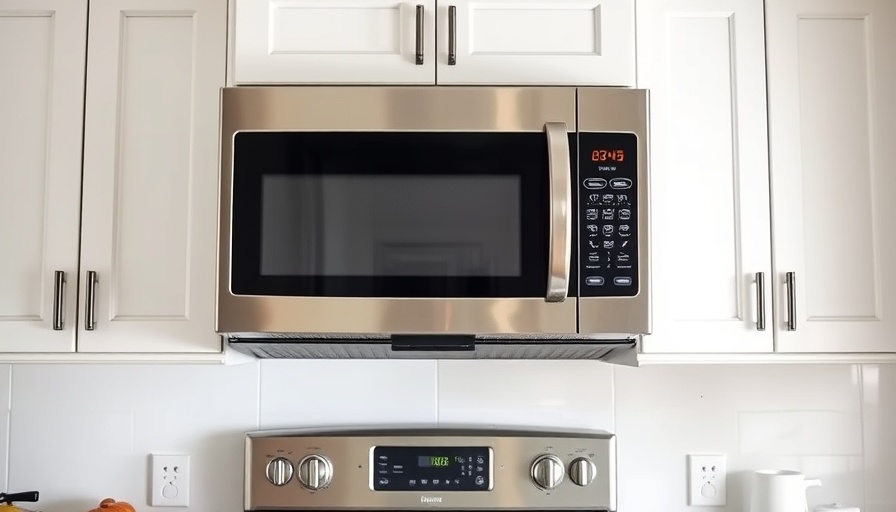
Understanding Common Electrical Hazards
Electricity powers our homes, bringing convenience and comfort, but it also poses risks if not handled carefully. From faulty wiring to outdated panels, electrical hazards can result in severe consequences including fires and electrocutions. This article explores how to recognize these dangers and take actionable steps to prevent them.
Identifying Faulty Wiring and Overloaded Circuits
Faulty wiring is a significant fire hazard, particularly in older homes where electrical systems may not meet current demands. Homeowners should be vigilant for signs such as frequent circuit breaker trips, flickering lights, or burning smells. Regular inspections by a qualified electrician can help detect wiring issues. To prevent overloads, distribute electrical loads evenly and upgrade wiring to essential modern standards.
The Importance of Updating Electrical Panels
Outdated electrical panels struggle to handle today’s energy needs, which can lead to dangerous overheating. If your panel frequently trips or is over 15 years old, consider having it inspected. Upgrading to a modern panel with built-in safety features can greatly enhance safety and efficiency in your home.
Safe Use of Extension Cords
While extension cords can provide convenient power sources, improper use can lead to overheating or fires. It is crucial to use them temporarily and to avoid high-power devices. Installing additional outlets in rooms that require more power will eliminate the need for longer extension cords, thus enhancing safety.
Avoiding Power Strip Overload
Power strips are handy for powering multiple devices, but they must be used wisely. Avoid plugging high-energy appliances into power strips, as this can exceed their limits and create fire risks. Always choose strips with surge protection to further safeguard your appliances.
Preventing Water and Electricity Incidents
Water and electricity are a dangerous combination. Areas such as bathrooms and kitchens require special attention. Ensure outlets near water sources have Ground Fault Circuit Interrupters (GFCIs) to cut off power when moisture is detected. Keeping electrical appliances dry and following safety precautions can prevent serious accidents.
Conclusion: Empower Yourself with Electrical Knowledge
Being aware of electrical hazards is the first step toward ensuring safety in your home. Regular maintenance and awareness can dramatically reduce the risks associated with electricity. If you suspect any issues in your electrical system, seek the advice of a qualified electrician immediately to maintain a safe home environment.
 Add Row
Add Row  Add
Add 



Write A Comment